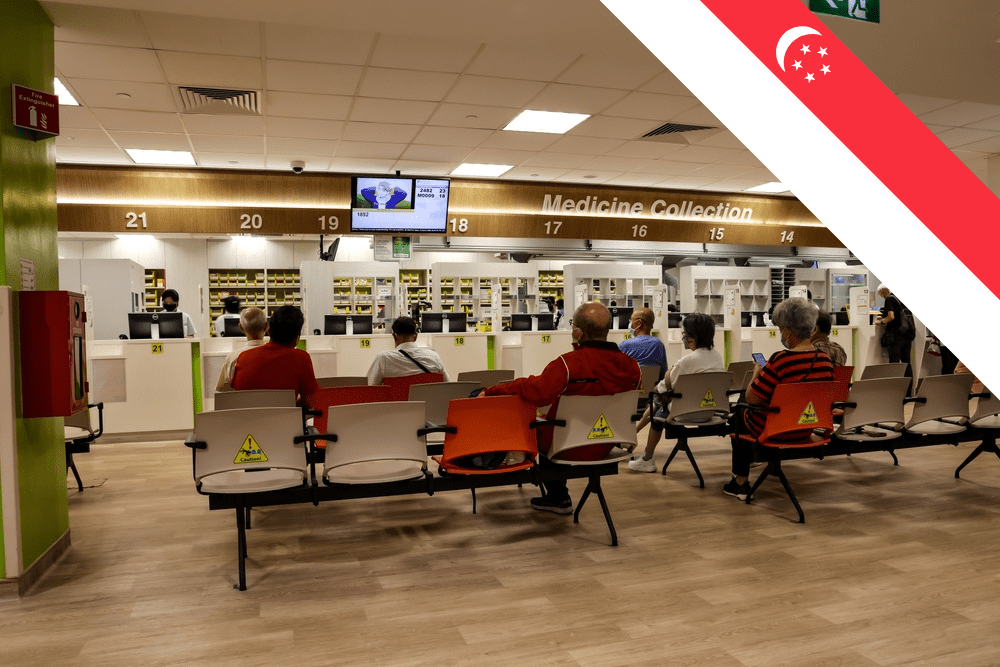In response to concerns over excessive issuance, Singapore’s Ministry of Health is revising guidelines to introduce stricter medical certificate rules, impacting both in-person and teleconsultations.
The Ministry of Health (MOH) in Singapore has initiated steps to tighten medical certificate rules by proposing amendments to the Healthcare Services Act. This move comes after significant feedback regarding the liberal issuance of medical certificates following both teleconsultations and in-person services. These changes aim to ensure that medical certificates are issued based on thorough clinical assessments and genuine medical needs.
MOH’s Observations and Actions
Various employers and government agencies have raised alarming feedback. Cases have been highlighted where medical practitioners issued medical certificates without proper medical grounds, particularly following teleconsultations. In a recent circular, the MOH urged medical practitioners to adhere strictly to ethical standards, proposing amendments to the Healthcare Services Act to reinforce current criteria.
Ethical Standards and Legal Implications
The MOH reiterated that medical certificates must only be issued on solid medical grounds. This is a directive that aligns with the Singapore Medical Council’s (SMC) Ethical Code and Guidelines. The proposed tightening of the rules ensures that medical certificates reflect accurate clinical assessments rather than patient-reported symptoms alone. These changes underline the medico-legal weight of medical certificates. Further emphasising that their issuance must remain uninfluenced by extraneous factors such as employer demands or personal benefit.
Reinforcement and Proposed Legislative Changes
The MOH is reinforcing existing regulations within the Healthcare Services Act while proposing additional amendments to further solidify the conditions under which they issue them.
Current regulations already mandate that medical practitioners include their name and registration number on medical certificates, ensuring transparency and accountability. Additionally, doctors must ensure they issue medical certificates only after documenting a history of care between themselves and the patient. These measures aim to prevent the misuse of medical certificates and uphold the integrity of patient care.
Impact of Regulatory Changes
The reinforcement and proposed amendments to the rules will likely reshape the landscape of teleconsultation services and traditional medical practices. For teleconsultation providers, stricter regulations may necessitate changes in operational protocols to ensure compliance, potentially reducing the ease of issuing medical certificates without comprehensive evaluations.
This could lead to enhanced scrutiny of teleconsultation practices, ensuring they meet the same standards of care as in-person visits. Patients, while possibly facing stricter scrutiny, will benefit from higher standards of medical evaluation, ensuring a more reliable reflection of their health status. These changes aim to balance the convenience of remote healthcare services with the necessity for rigorous medical assessment and accountability.
Upholding Integrity in Healthcare
Reinforcing existing guidelines and introducing stricter measures will safeguard the integrity of the healthcare system. This will benefit patients and medical professionals alike. As digital healthcare solutions grow, these stringent standards are vital for maintaining the credibility and effectiveness of medical services in Singapore.














